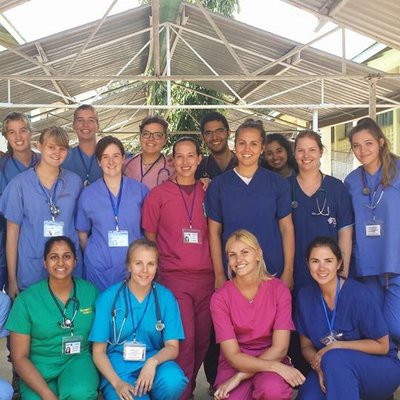“People living in a low-income country are far more likely to die of a communicable disease than a noncommunicable disease.” – The World Health Organization
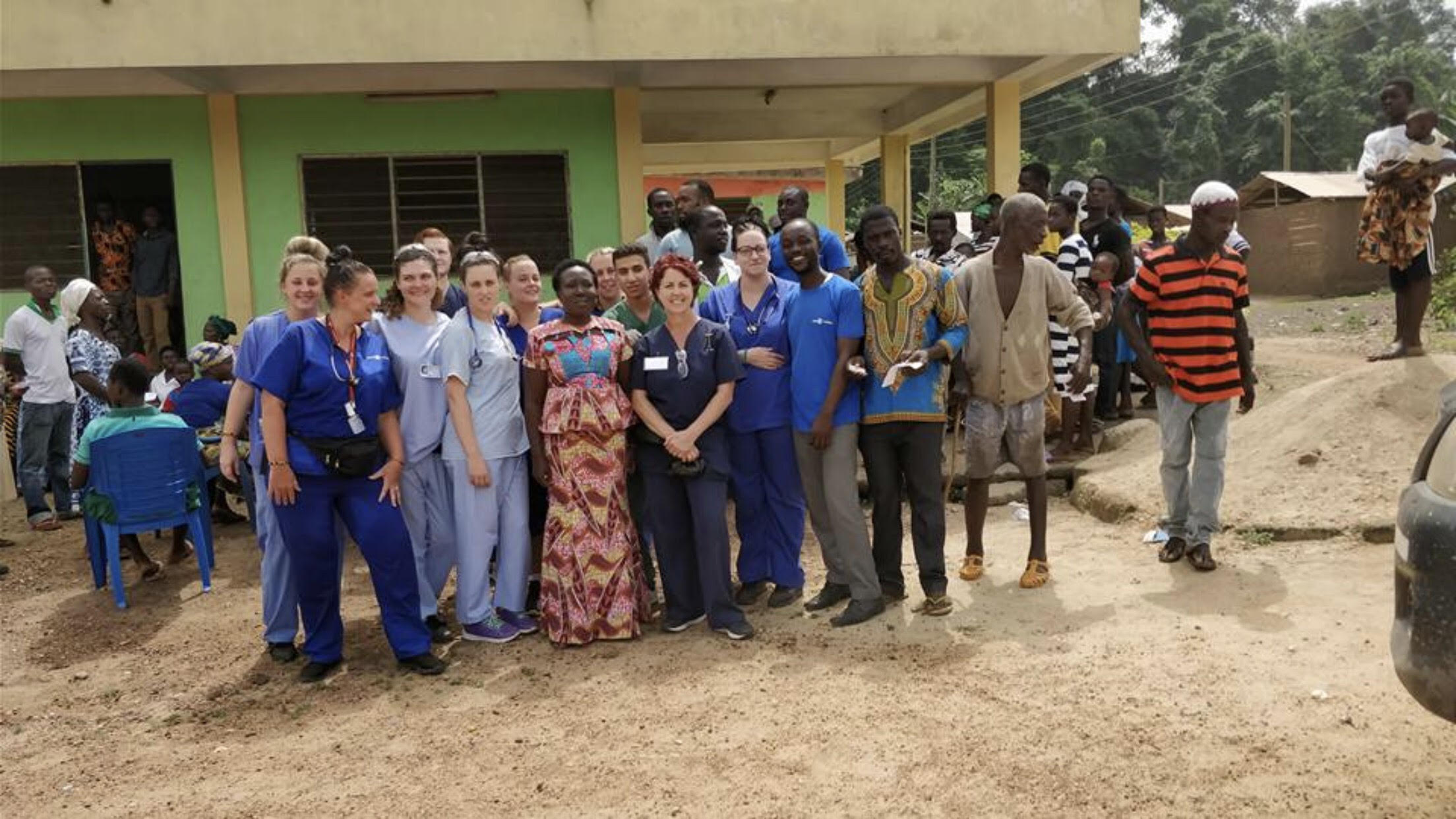
A lot has been done to tackle communicable diseases. But it’s a continuing battle in low-income countries.
Malaria, tuberculosis and HIV/AIDS all remain in the top ten causes of death in countries with low resources and income.
A healthy environment is key to the successful control of communicable diseases. This means clean water, proper sanitation, and limiting or eradicating the animals or insects that transmit the disease.
To keep communicable diseases under control, countries need an immunization strategy and to provide adequate training for health workers to diagnose and treat these diseases early.
But the problem is that lower-income countries often don’t have the resources to keep on top of things.
“For people living in low-resource settings without access to medication, malaria could be far more complicated and several cases arrived in A&E practically unresponsive.” – Steph, Nursing Placement in Takoradi, Ghana
So, what can be done?
Tackling communicable disease
The World Health Organization puts a lot of time and resources into combating communicable diseases like polio, HIV, tuberculosis and malaria.
From campaigns and initiatives to new strategies and research, communicable diseases are at the forefront of their work. And it’s paying off.
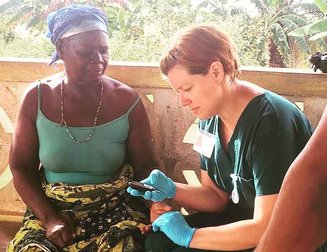
In the last few decades, there’s been a dramatic lowering in the number of deaths from communicable diseases like TB and malaria.
But patients are still missing out on routine care and the number of vaccinations and screenings to prevent such diseases is declining.
One study suggests that deaths from malaria could increase by 36 per cent if coronavirus is uncontrolled in areas where these communicable diseases are prevalent.
So, what could this mean for countries like Ghana where malaria continues to present serious health problems?
Children in Ghana are most vulnerable to malaria
94% of all malaria cases and deaths in 2019 happened in sub-Saharan Africa.
And some population groups are at higher risk than others when it comes to contracting malaria and developing severe disease.
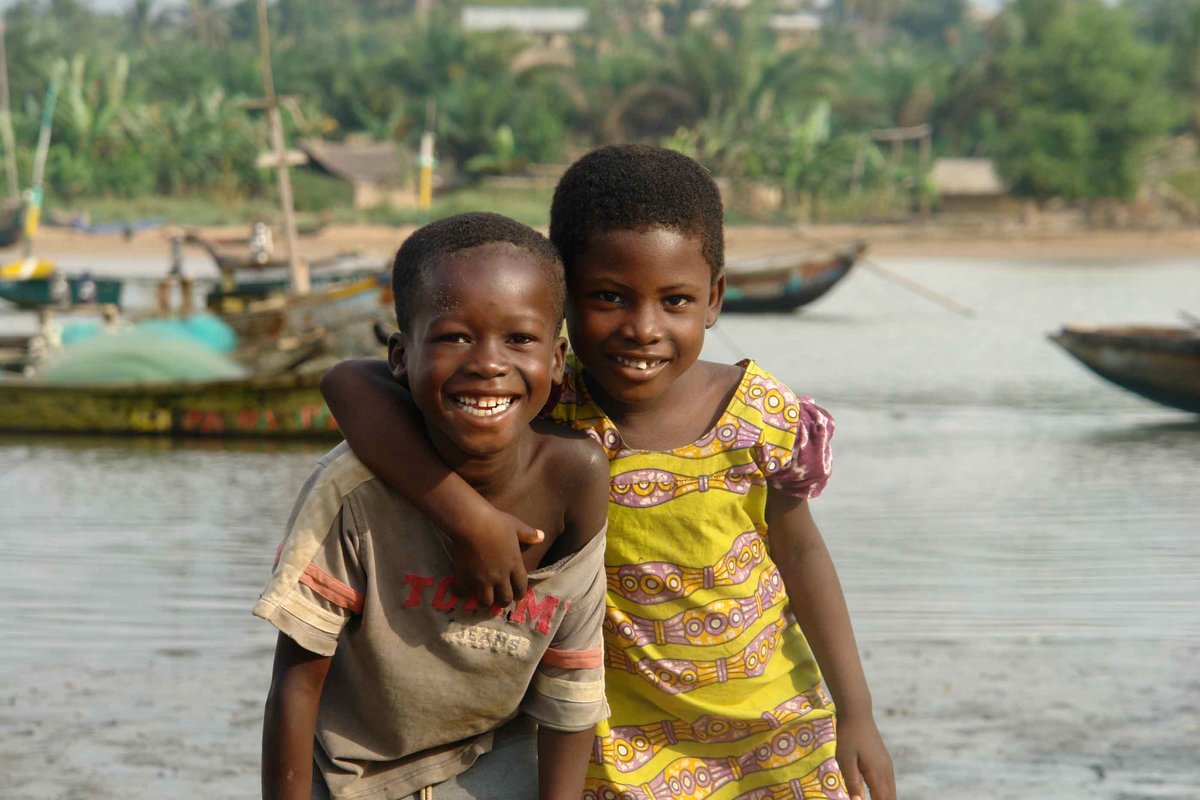
Children under the age of five accounted for 67% of all malaria deaths in 2019.
But why? The research has been done and the numbers are in — many conclude that a lack of preventative measures, like mosquito nets, was the biggest cause.
There’s also a lack of public education on how to prevent and treat malaria in Ghana. This can lead to catastrophic outcomes for sufferers.
“One case that will always stick in my mind was a 9-year-old girl with cerebral malaria. She had been unwell for a while but the parents decided to use herbal treatments for days before bringing her to hospital.” – Kayleigh, medical elective in Takoradi, Ghana.
It’s about recognising the disease and getting to it early. Quick diagnosis and appropriate treatment reduces the effects of the disease and reduces transmission. But in Ghana, access to treatment isn’t always straightforward.
Unlike in countries where treatment is free at the point of care, patients have to pay upfront in Ghana. Some families simply can’t afford the lifesaving treatment their children need.
“Unfortunately, many of the tests were positive. In some cases, the children were able to go on the malaria treatment and would make a full recovery. However, despite the whole medication regime costing no more than £10-£15, some families were unable to afford this, and consequently, their children would be unlikely to recover.” – Bethany, nursing placement in Takoradi, Ghana
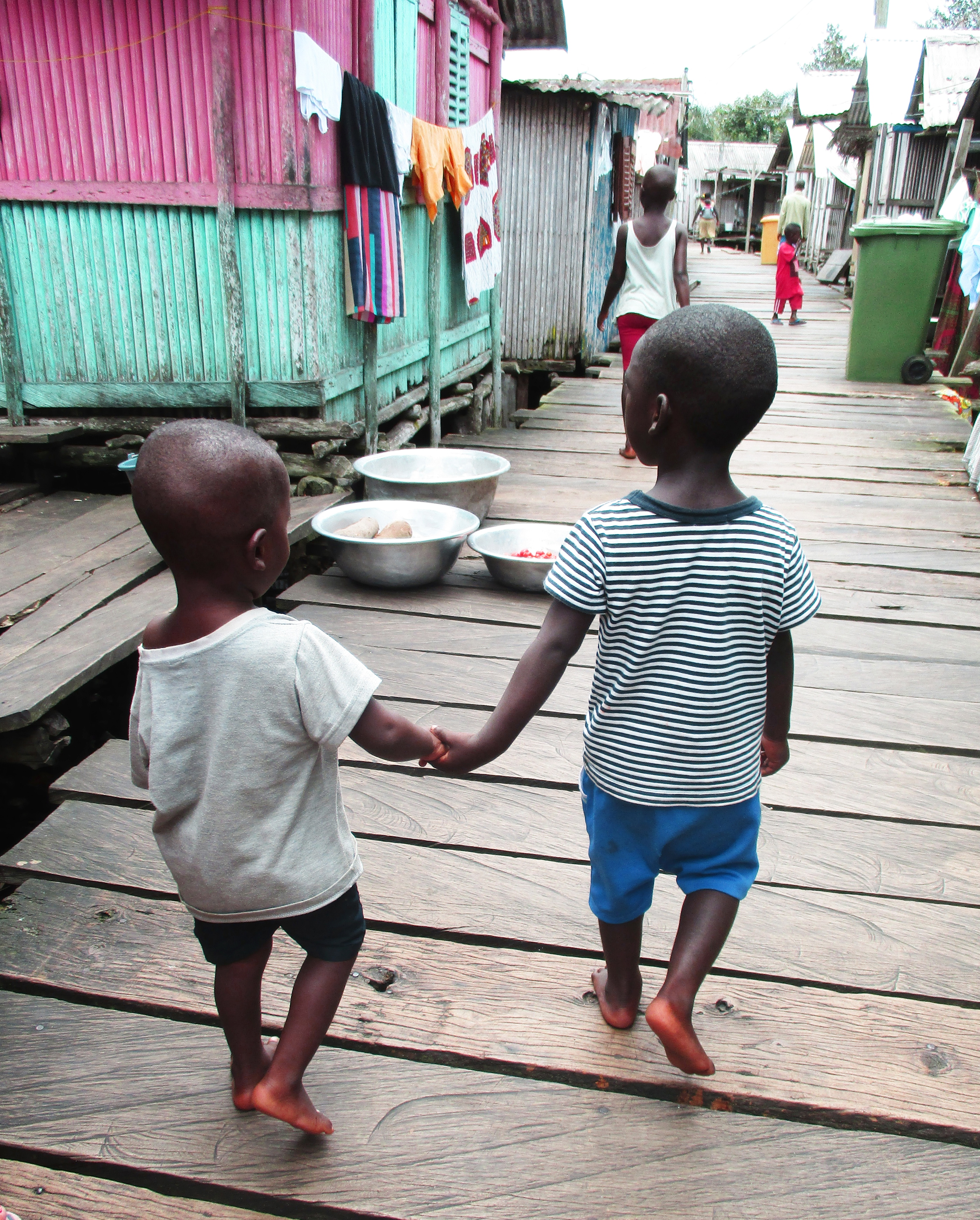
Hospitals and clinics in Ghana often lack the staff and equipment needed to care for patients with malaria.
This has a real impact on health workers who battle malaria every day.
The best way to get a true understanding of what that’s like is to go and see it with your own eyes. On a Work the World healthcare placement in Ghana, you’ll experience first-hand how hospital staff use their initiative and overcome the lack of resources in order to do their job.
“He was having respiratory distress due to malaria; this meant that he needed continuous positive airway pressure. There was no CPAP machine, but the doctor proved very resourceful. He used a water bottle and a three-way connection tube to provide this positive ventilation for the baby. The baby survived, and I was impressed.” – Ugonna, medical elective in Takoradi, Ghana
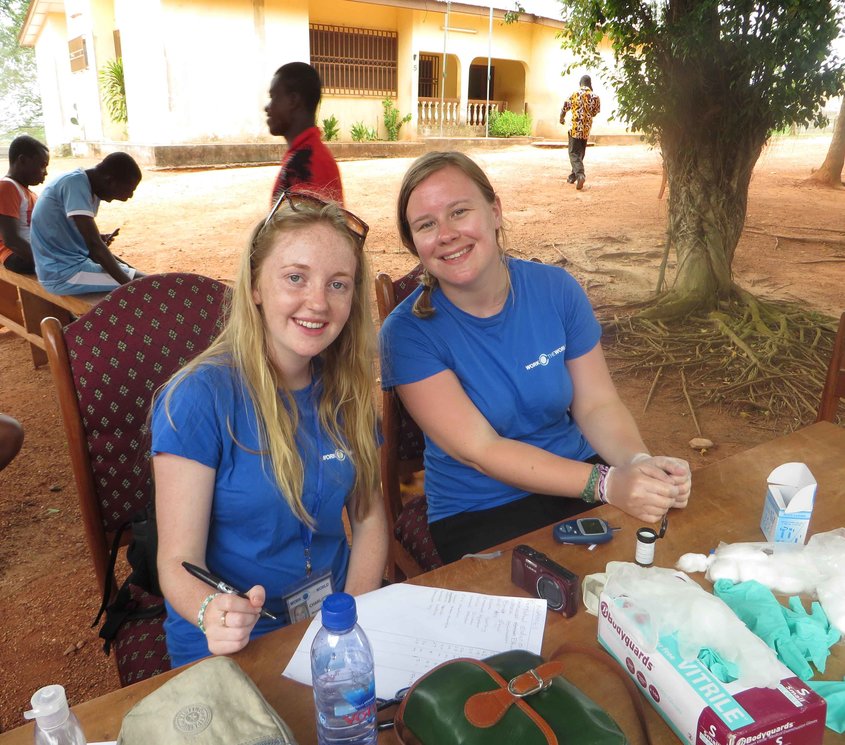
On an overseas placement in Ghana, seeing the impact communicable diseases can have on developing countries will give you an invaluable perspective on global health.
It will open your eyes to what healthcare is like beyond the well-equipped healthcare settings you’re used to. And no doubt you’ll come to appreciate the care and opportunities available to you at home.
“My placement in Ghana definitely made me more resourceful, and I have a far greater awareness of the cost of things we use in hospitals at home that seem disposable. I also gained a greater appreciation for my home healthcare system and the choices it offers patients and staff.” – Sarah, nursing placement in Takoradi, Ghana
Looking to the future
Fortunately for countries like Ghana, the WHO is refocusing efforts to help developing countries improve their vaccination programmes for communicable diseases like polio.
The WHO has recently set out a ten-year roadmap for what they’re now calling Neglected Tropical Diseases. Their aim is to enhance global access to interventions in order to prevent, control and eliminate such diseases.
If you want to challenge yourself and gain a new perspective on healthcare that will benefit your learning and future career, consider an overseas placement in Ghana.
To learn more about our overseas placements and how we can tailor your experience to suit your clinical goals, get in touch via the enquiry form.

Start Your Journey
Want to experience a life-changing overseas placement? Choose your discipline to get started.
Want to experience a life-changing overseas placement? Choose your discipline to get started.

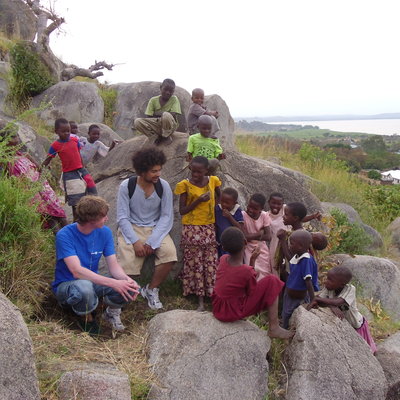
.jpg)
